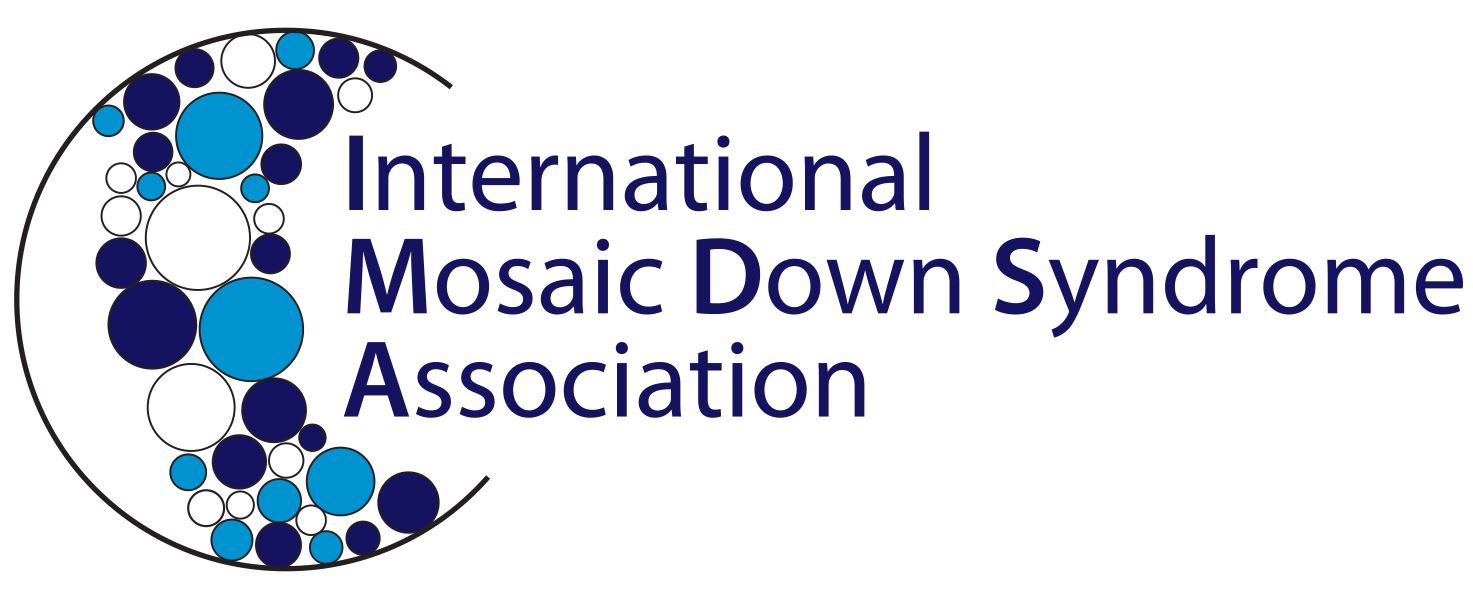Research Updates January 2022
LEAF Study (Life Experience and Feelings Study)
Little is known about depression and anxiety in individuals with Down syndrome, and even less in individuals with mosaic Down syndrome. Research examining risk factors associated with depression and anxiety in people with the mosaic Down syndrome population is needed to develop better prevention and treatment programs.
Dr. Brown, Dr. Jackson-Cook, and her research team at Virginia Commonwealth University lead a research project, the LEAF Study, focused on stress and depression in people with mosaic Down syndrome. The purpose of this study is to develop better assessments of the emotional health concerns of people with mosaic Down syndrome so that they can obtain a correct diagnosis and appropriate treatment which may otherwise go undetected.
Preliminary results from 61 people with mosaic Down syndrome show that 52% reported elevated depression symptoms and 74% reported elevated anxiety symptoms. Participants were also more likely to report perceived rejection than typically developing peers.
While these results are heart breaking, there are prevention and intervention strategies parents and advocates can take that would benefit people with or without mosaic Down syndrome.
Talk with your child
Talk about what’s been going on with someone you trust. Keep communication open and be accepting of emotions
Talk to a mental health professional
Working with a Mental Health professional can be effective for people with and without mDs. You can start with your medical doctor and ask for a referral. Many school districts have social workers that may be included on your IEP team. They can provide additional support for your child in school, more resources, and referrals.
Develop Healthy Peer Relationships
Being connected to people is important. We live happier, healthier, safer lives when we are surrounded by people who care about us. However, relationship building isn’t often taught in school. It can be challenging, but it starts with understanding what you need and want from your relationships and friendships. ARC offers a ‘creating connections’ workbook that can be downloaded for free: https://arcminnesota.org/wp-content/uploads/2019/02/Community-Connections-Workbook.pdf
Take Action Right Away
Getting picked on, bullied, and harassed at school or work is a frightening and frustrating experience for anyone. If you are bullied or harassed by someone it is best to take-action right away. Parents don’t wait for your child to work it out themselves. While sometimes simply asking the person to stop the behavior can be enough, it’s best to tell your parents or someone close that can help you navigate the situation.
- Educate yourself and your child on bullying and how to get help
- Read the school policy on bullying or employee handbook on harassment if you have a job.
- Record dates and descriptions of the incidences of bullying
- Talk to your child’s teacher and the school principal or manager at work about what has been happening
- If your child is on an Individualized Education Plan (IEP), set up a meeting with your child’s IEP team to address the bullying.
- Join a self-advocacy group. Just remember you don’t have to go it alone. Tell your parents, guardian or close friend and ask for help. Learn more about IMDSA’s Self Advocacy program: https://www.imdsa.org/salt or contact Heather Nevulis for more information.
To learn more about this study https://www.imdsa.org/LEAF
An updated Infographic on Depression and Stress on People with mDs can be found here:
https://www.imdsa.org/resources/Research%20Projects/AADDS%20infographic.png
